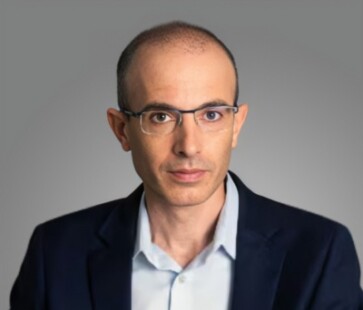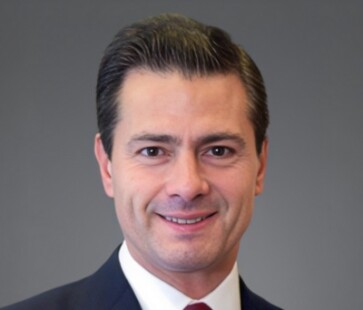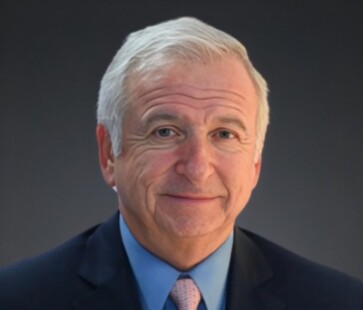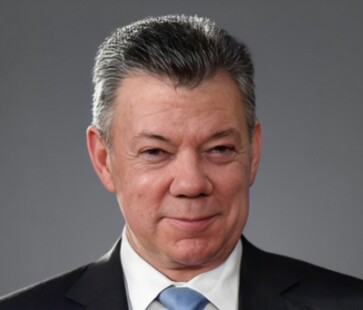
Nouriel Roubini
Economist and lecturer, known for his critical analysis and anticipation of crises. He inspires with his ability to explain complex scenarios, transmitting realism and reflection on the global economy.
Biography / Speaker Info
Nouriel Roubini cemented his academic prestige by earning a PhD in International Economics from Harvard University, and has been a professor of Economics at New York University (NYU). His career combines academic rigor with high-level consulting. He has served as senior economist for international affairs at the White House Council of Economic Advisors during the Clinton administration and has worked as a consultant to key institutions such as the International Monetary Fund (IMF), the World Bank and the Federal Reserve, giving him an in-depth perspective on global economic policies.
His worldwide recognition was consolidated before the collapse of 2008. In 2006, Roubini was one of the few analysts to publicly warn of the imminent bursting of the subprime housing bubble in the United States, predicting with remarkable accuracy the subsequent Global Financial Crisis. Although his forecasts were initially considered too pessimistic and dismissed by many of his colleagues, the confirmation of his theses established him as a key figure in the criticism of the economic and monetary policies of the time.
Roubini currently chairs his own consulting and analyst firm, Roubini Global Economics (RGE). From this platform, he continues to be an influential voice in macroeconomics, focusing on debt, asset bubbles and systemic instability. His most recent analyses warn of the risks of a "stagflationary debt crisis" - the dangerous combination of economic stagnation with high inflation and massive indebtedness - a scenario that, in his view, could surpass the severity of the 1970 oil crisis and the 2008 financial collapse.
His critical and long-term vision is reflected in his most recent book, MegaThreats. In this work, Roubini details a series of ten interconnected risks that he believes pose serious threats to the global future. These risks go beyond traditional economic cycles and include climate change, de-globalization, socio-political instability and high public and private debt.










